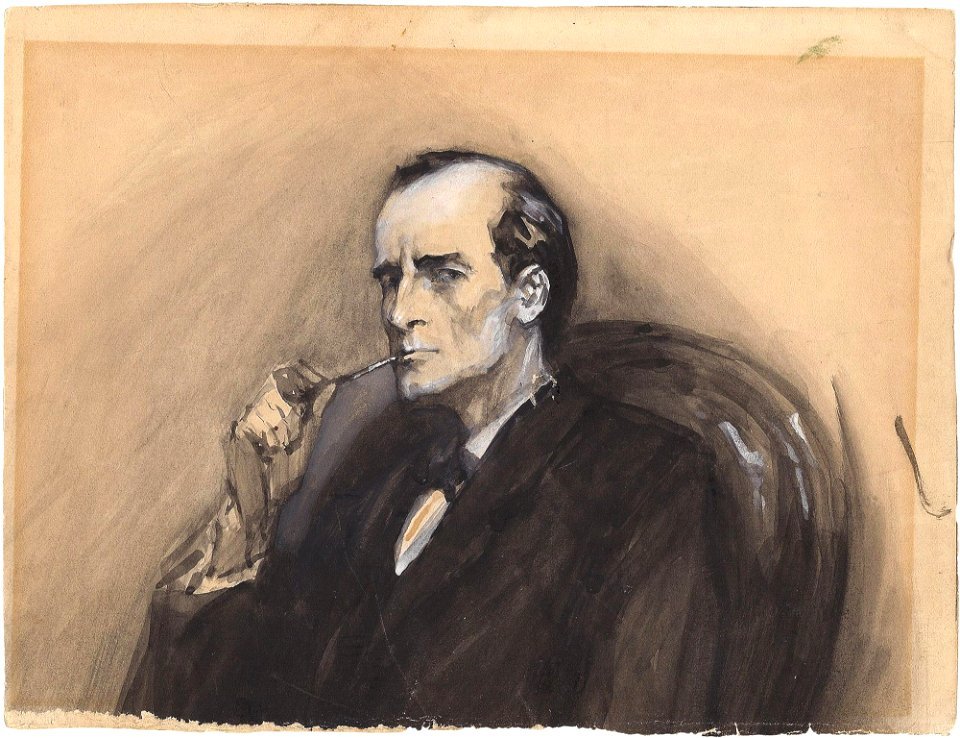In 1887, the first novel of the Sherlock Holmes series, A Study in Scarlet, was published in a magazine. Subsequently, with the official release of The Adventures of Sherlock Holmes, Arthur Conan Doyle garnered widespread attention. Whenever he picked up his pen, readers cheered, and he received all the glory a writer could obtain. Until then, Conan Doyle never thought his creation, Holmes, would turn against him.
Just as it seemed that this phenomenal detective novel series was coming to an end, it wasn’t all smooth sailing. Readers harbored hatred towards Arthur Conan Doyle, who they labeled Holmes’s murderer. During the six years of the Holmes series, fans devoted their love to the main character, Holmes. Their obsessive and intense attachment and love for the fictional character led to impulsive anger and hostility toward the author. These delusional fans threw eggs on the streets and sent threatening letters to Doyle’s home. The glory once bestowed upon Holmes by Doyle vanished in an instant and, and he fell from fame.
So why did Arthur Conan Doyle sacrifice all the glory and choose to become Sherlock Holmes’s murderer? Before publishing the Sherlock Holmes series, Doyle had written three historical fiction stories: “The White Company,” “Micah Clark,” and “The Exploits of Brigadier Gerard.” The Arthur Conan Doyle Encyclopedia claimed, although these novels were not widely known or highly acclaimed, that Doyle valued them more than the Sherlock Holmes series. He believed they were not merely for entertainment but novels through which he, as a human being and writer, could convey more meaning. According to The Medium, even in 1891, in a letter he wrote to his mother, he expressed, “I think of slaying Holmes… and winding him up for good and all. He takes my mind from better things.” Therefore, when Holmes began to garner more attention than he had anticipated, Doyle became flustered. He feared that Holmes would someday not only exist in novels but leap out from them and engulf him.
In 1905, “The Return of Sherlock Holmes” was published. It marked the true conclusion of the Sherlock Holmes series. Tormented by the criticism and condemnation of many, Doyle eventually took up his pen once again to write. He resurrected Holmes, who he had previously described as dead, and concluded the series with an open ending, signaling that Holmes’s death was not final. According to The Los Angeles Times, while fans rejoiced at the resurrection of their beloved Holmes, Doyle simply sought closure on all things related to Holmes.
Holmes was beloved by countless readers, yet ironically, he never received any affection from his creator, Doyle. Thus, in the end, Doyle is remembered solely as Holmes’ author, and the very creations he despised are destined for immortality.












































































































































